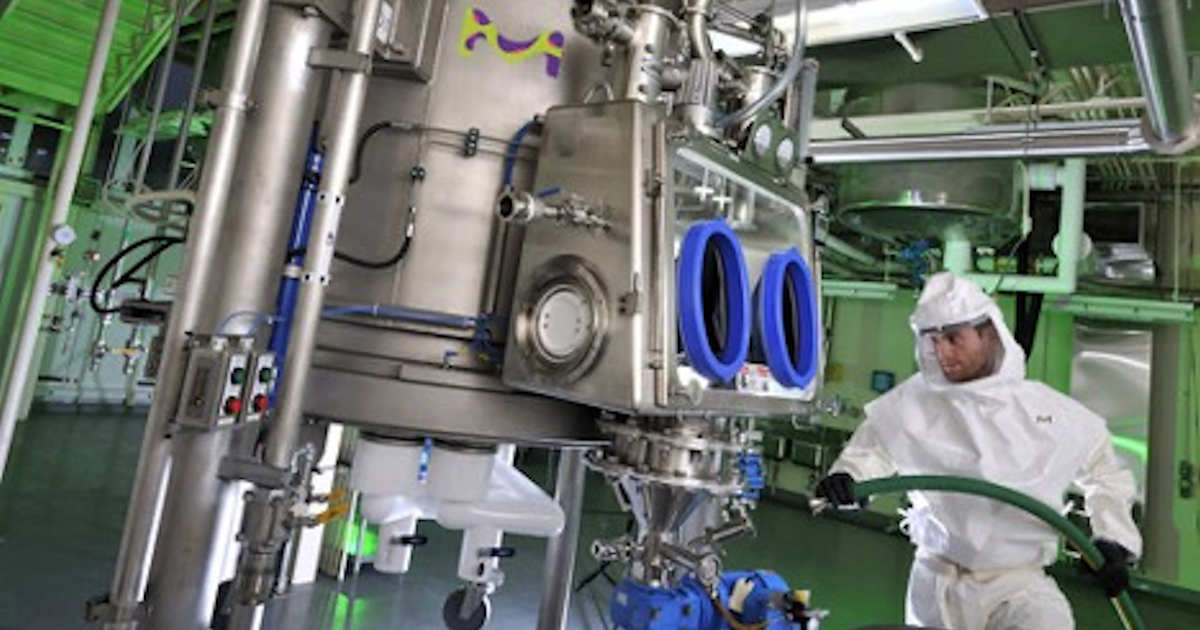October 28, 2021 -- MilliporeSigma has launched new technology to support efforts to double its antibody drug conjugate (ADC) and high-potent active pharmaceutical ingredient (HPAPI) capacity.
The company launched ChetoSensar to address the hydrophobicity of ADCs, the company said. Many ADC candidates have poor aqueous solubility; MilliporeSigma estimates that more than 20% of ADC clinical terminations are caused by this issue. ChetoSensar technology improves ADC solubility, the company said.
Millipore has also launched a new platform called Dolcore, which can increase the speed to market for dolostatin-based ADC payloads by up to a year, the company said.
In addition, the company will enhance the ADC capabilities of its clinical manufacturing facility in St. Louis, Missouri, in December. Last year, the company announced a $65 million expansion of its facility near Madison, WI, which it expects will double its HPAPI kilo lab capacity and enable the company to expedite the manufacture of HPAPIs, ADC linker/payloads, and complex APIs.

Copyright © 2021 scienceboard.net


